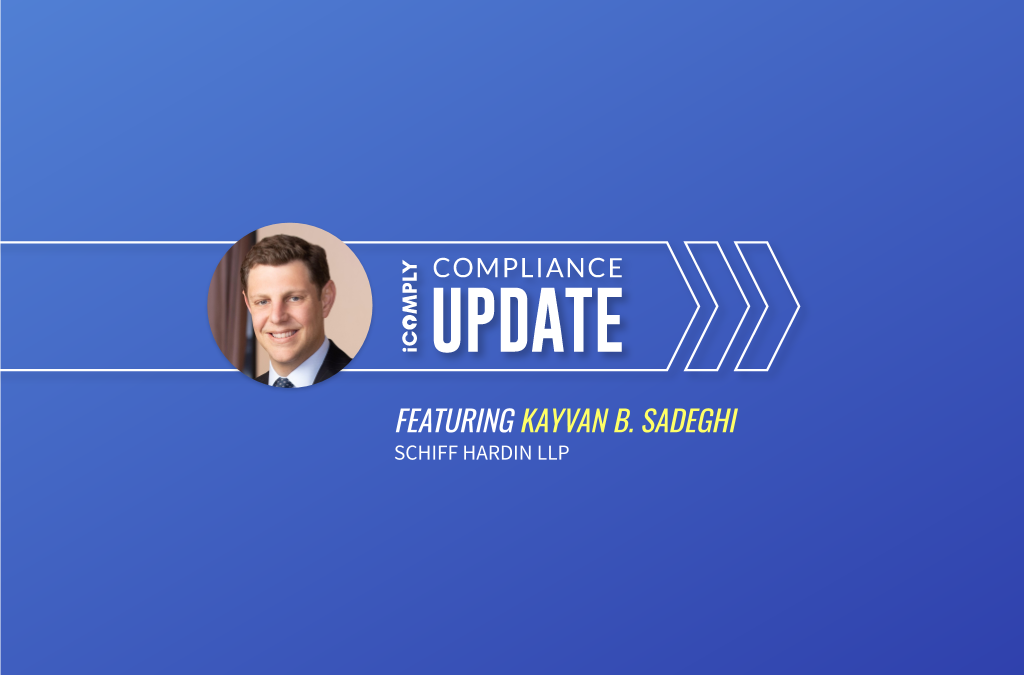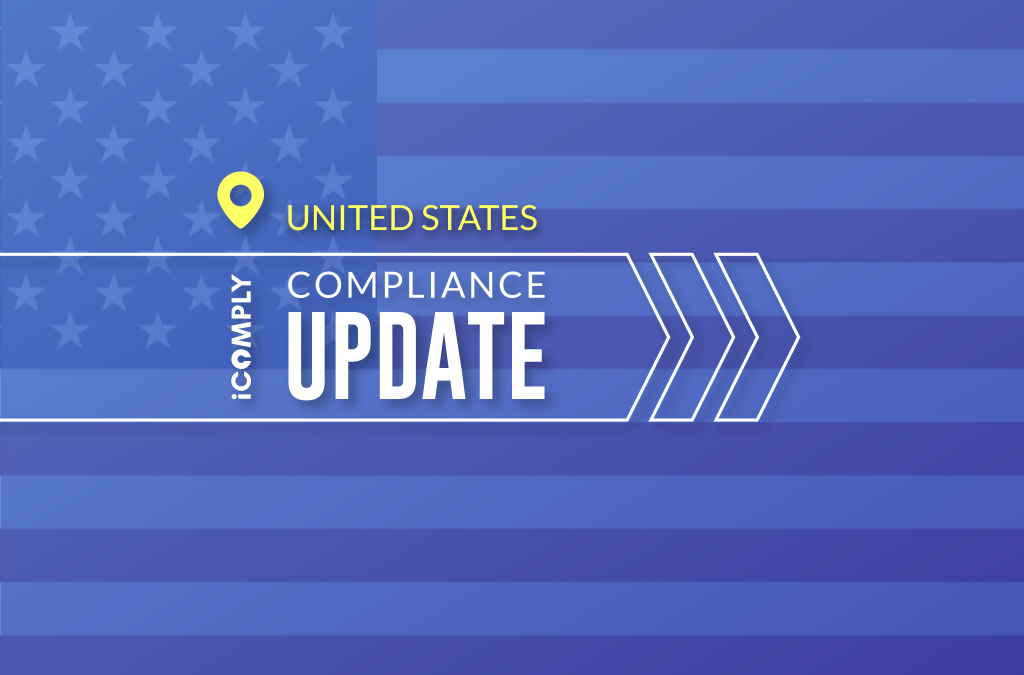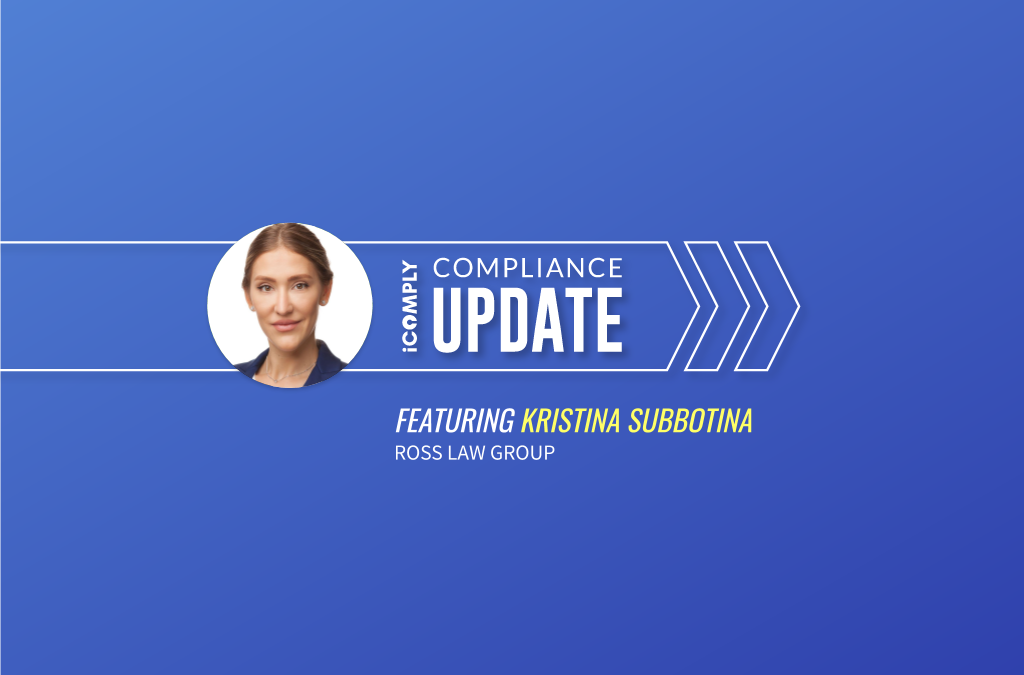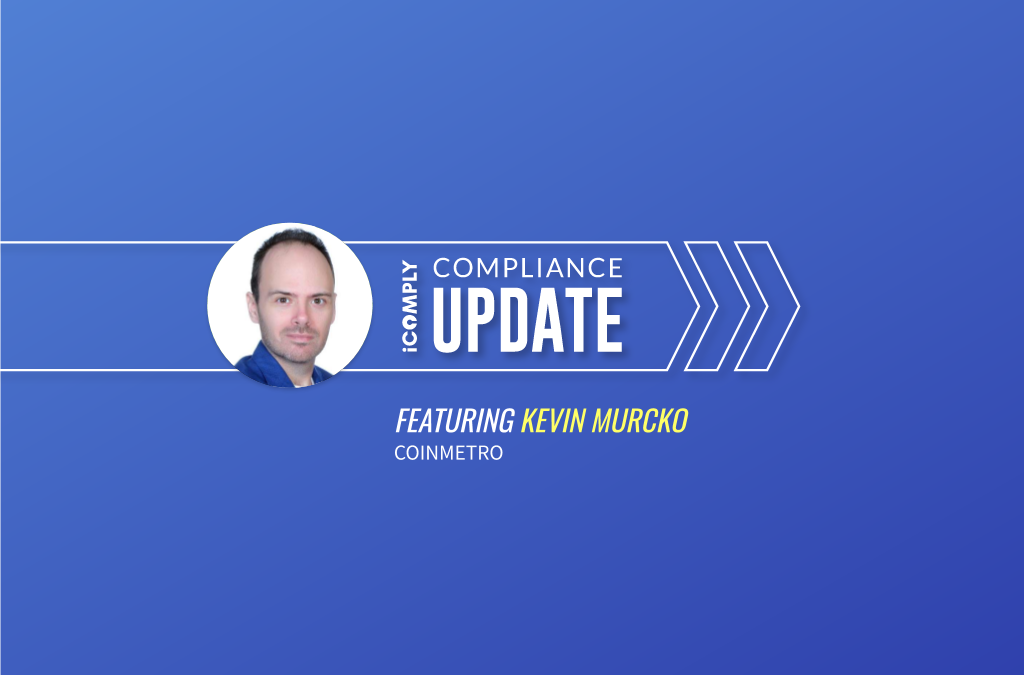Discover how a crypto asset services provider stayed ahead of regulatory changes, including FATF Travel Rule compliance, by using iComply’s automated platform. Learn how they streamlined workflows, reduced compliance risks, and built trust with clients and regulators.

SEC Charges App Developer for Unregistered Security-Based Swap Transactions
SEC Charges App Developer for Unregistered Security-Based Swap Transactions
Kayvan B. Sadeghi of Schiff Hardin LLP reviews recent actions from both the SEC and CFTC against app developer Abra
What happened?
On July 13, 2020, the SEC and CFTC each filed settled enforcement actions against Abra and its related company, Plutus Technologies Philippines Corporation.
Abra is a cryptocurrency app developer that offered synthetic exposure to dozens of fiat currencies, digital currencies, and blue-chip stocks and ETFs. They were penalized for structuring and effecting swaps without complying with U.S. securities and commodities laws.
Abra unsuccessfully sought to avoid U.S. laws by excluding U.S. purchasers and moving certain operations out of the U.S. The SEC announcement emphasizes that one “may not evade the federal securities laws merely by transacting primarily with non-U.S. retail investors and setting up a foreign entity to act as a counterparty, while conducting crucial parts of their business in the United States.”
What types of stakeholders will be impacted by this?
This announcement should serve as a caution to anyone seeking to structure their business conduct or offerings to stay outside the reach of U.S. securities and commodities laws.
Why does this matter?
U.S. regulators view the reach of U.S. laws far more broadly than businesses might expect. This action also demonstrates the clear intent of the SEC and CFTC to work together where their jurisdictions may overlap, including in the blockchain space.
Does this change create new risks for industry stakeholders? If so, what should they be looking out for?
This action highlights and increases the regulatory risks for anyone who has sought to stay outside the reach of U.S. laws by excluding U.S. purchasers. The SEC and CFTC likely will now view the market as on notice that the efforts taken by Abra were insufficient.
Does this change create new opportunities for industry stakeholders? If so, what might they be?
Any company that has concerns about compliance with U.S. securities and commodities laws should consider this announcement an opportunity to evaluate with counsel whether to approach the SEC and/or CFTC proactively.
How does this impact compliance teams, and what can they do to stay ahead of the regulatory requirements?
Compliance teams must remain vigilant with KYC and AML requirements, but they must also realize that a well-intentioned and implemented plan to exclude U.S. purchasers is only part of the puzzle, not a complete solution.
What can management teams or boards of directors do to stay ahead of these changes?
Management teams and boards can evaluate with outside counsel both their existing compliance programs and whether to proactively engage regulators through channels such as LabCFTC and SEC’s FinHub.
What can service providers do to help their clients stay ahead of these changes?
Service providers will do well to stay in their lane, understand what risks they can help control, and also where their best efforts alone may fall short of reaching their client’s end goal.
Author — KAYVAN B. SADEGHI
Kayvan B. Sadeghi is a trial and appellate lawyer at Schiff Hardin LLP with more than 15 years of experience in complex commercial and securities litigation, investigations, and enforcement proceedings. He regularly defends clients before the U.S. Department of Justice, Securities and Exchange Commission, state attorneys general, and other government agencies. His clients have included leading global companies, and their directors and officers, across a range of industries including financial services, media, technology, and energy.
learn more
Is your AML compliance too expensive, time-consuming, or ineffective?
iComply enables financial services providers to reduce costs, risk, and complexity and improve staff capacity, effectiveness, and customer experience.
Request a demo today.
Navigating the Regulatory Landscape: How One Fintech Stays Ahead of the Curve
Boosting Compliance Efficiency: How One Broker Dealer Achieved 90% Improvement
Learn how a U.S. broker dealer achieved a 90% improvement in compliance efficiency to scale to billions of dollars a year. Discover how they consolidated KYC, KYB, and AML processes, reduced onboarding times from days to minutes, and transformed compliance into a competitive advantage
2025 Outlook: Data Privacy and Security in KYB, KYC, AML Compliance
In today’s rapidly changing digital landscape, data privacy and security are more crucial than ever for compliance teams. As regulations tighten and cyber threats evolve, businesses must prioritize innovative solutions. Enter edge computing, a game-changer for KYC,...







